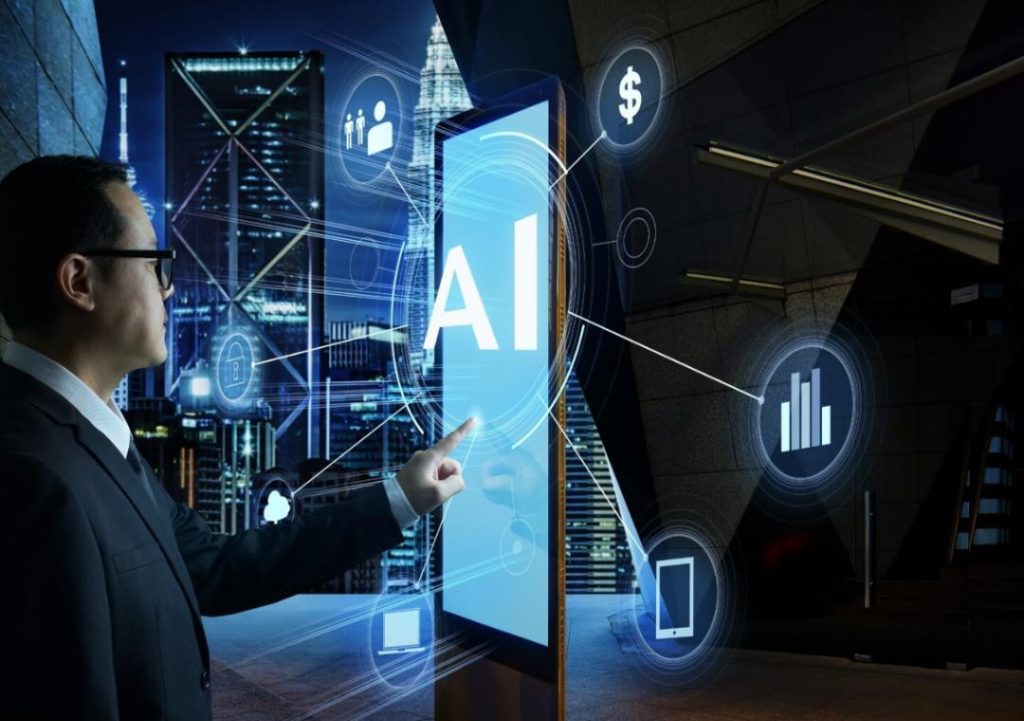
AI & ML now power over 77% of business processes
In today’s digital-first world, staying competitive requires embracing the latest technological advancements. Artificial Intelligence (AI) and Machine Learning (ML) are no longer futuristic concepts, but operational essentials that have become integral to business processes. According to recent studies, over 77% of enterprises now rely on AI/ML to improve productivity, reduce costs, and personalize user experiences.
The adoption of AI/ML technologies has been swift and widespread, with applications ranging from automating customer support to real-time fraud detection. In this blog post, we’ll explore the importance of AI/ML in business and examine the ways in which organizations are leveraging these technologies to gain a competitive edge.
What is AI and ML?
Before diving into the benefits of AI/ML, let’s quickly define what these terms mean.
Artificial Intelligence refers to the development of computer systems that can perform tasks that typically require human intelligence, such as learning, problem-solving, and decision-making. AI systems can be trained to recognize patterns, make predictions, and take actions based on data inputs.
Machine Learning, a subset of AI, enables systems to learn from data without being explicitly programmed. Through machine learning, AI systems can improve their accuracy and performance over time by analyzing data and adjusting their behavior accordingly.
Why is AI/ML important for businesses?
The importance of AI/ML in business cannot be overstated. By leveraging these technologies, organizations can:
- Improve productivity: AI/ML can automate routine tasks, freeing up human resources to focus on higher-value activities that require creativity and critical thinking.
- Reduce costs: AI/ML can help businesses streamline processes, reduce waste, and optimize resource allocation, leading to significant cost savings.
- Enhance customer experiences: AI/ML-powered systems can analyze customer data to provide personalized recommendations, improve customer service, and enhance overall user experiences.
- Improve decision-making: AI/ML can analyze large datasets to provide insights that inform business decisions, reducing the risk of human error and improving outcomes.
- Stay competitive: In today’s fast-paced digital landscape, businesses that fail to adopt AI/ML technologies risk falling behind their competitors.
Real-world examples of AI/ML in business
The adoption of AI/ML is evident across various industries, with companies using these technologies to drive innovation and growth. Here are a few examples:
- Customer support: Chatbots powered by AI/ML are revolutionizing customer support, enabling businesses to provide 24/7 support and resolving issues faster and more efficiently.
- Fraud detection: AI/ML-powered systems are being used to detect fraudulent transactions in real-time, reducing the risk of financial losses and improving overall security.
- Predictive maintenance: AI/ML algorithms can analyze equipment data to predict potential failures, enabling businesses to schedule maintenance and reduce downtime.
- Personalized marketing: AI/ML-powered systems can analyze customer data to provide personalized recommendations and improve marketing campaigns.
- Supply chain optimization: AI/ML can analyze supply chain data to optimize logistics, reduce costs, and improve delivery times.
The future of AI/ML in business
As AI/ML continues to evolve, we can expect to see even more innovative applications across various industries. Some of the key trends to watch include:
- Edge AI: The increasing adoption of edge computing will enable AI/ML-powered devices to process data in real-time, reducing latency and improving performance.
- Explainable AI: As AI/ML becomes more ubiquitous, there will be a growing need for explainable AI that provides transparency and accountability.
- Human-AI collaboration: AI/ML will increasingly be used to augment human capabilities, rather than replace them, enabling workers to focus on high-value tasks.
Conclusion
The adoption of AI/ML is no longer a nice-to-have, but a must-have for businesses looking to stay competitive in today’s digital-first world. With their ability to improve productivity, reduce costs, and personalize user experiences, AI/ML technologies are revolutionizing the way we work and do business.
As the technology continues to evolve, it’s essential for organizations to stay ahead of the curve and explore the many benefits that AI/ML has to offer. By doing so, businesses can gain a competitive edge, drive innovation, and thrive in an increasingly complex and fast-paced digital landscape.
Source: https://www.growthjockey.com/blogs/what-is-ai-and-ml-how-is-it-important






